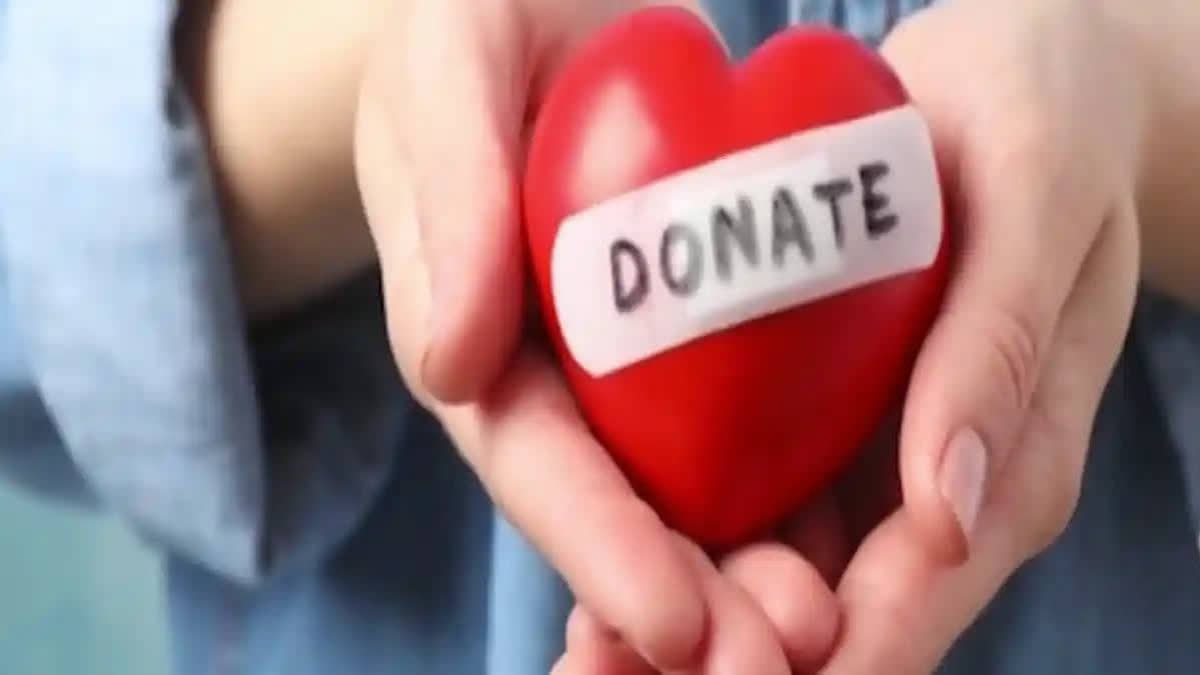Bhubaneswar:Anjali Ray, in her late 70s wished to donate body on her birthday this November 21 so that it can be put to use instead of being burnt on the pyre. Not so tech-savvy, she started asking her ex-students established in various organisations on the procedure to fulfil her last wish. Unfortunately, not one could tell her the process, let alone lead her to the right organisation or person.
This is not a one-of-its-kind case, there are many others who pass without being able to donate their body even if they keenly desire so.
H Hanumanthapa, 81, too has been wanting to gift his body for medical education. He had heard medical education for studens is getting difficult in the absence of cadavers. Being highly educated, he wanted to donate his body for the cause and in the absence of any help from anyone to do so, has written his wish in a piece of paper titling it as 'Last Wish'. He has no clue, how this 'last wish' paper will hold no meaning in reality if the proper procedures are not followed.
In Odisha, awareness about this vital process remains limited and there has been no effort by any organisation to do so or even create a database. Medical colleges in the state too do not have a record of the number of bodies being donated.
According to experts, the need for cadavers in medical colleges is dire, with estimates suggesting the state requires at least 150 to 200 bodies annually to support education and research. However, the current number of donations is shockingly low, with only 25 to 30 donations recorded each year.
In contrast, Chandigarh scores high as a capital city, registering 46 body donations in the last five years. The bodies are used for research and the hospital has received 178 enlistments for body donation this year, reports revealed. Even a remote village in Karnataka reported around 185 donors from Shegunasi village who have pledged to donate their bodies to help the medical students. This massive donation came after a yoga camp was organized in the village where a medical practitioner created awareness about body donation. Soon after the camp, 108 people voluntarily registered for body donation on the spot.
Dr. Umakant Satapathy, Additional DMET of Odisha, highlights the critical role body donations play in medical training. “Body donation is essential for understanding human anatomy, but the process remains underused in our state. There is a big gap between the need for bodies and the number being donated," he explains.
In Odisha, the process for body donation is not cumbersome but hardly known to anyone. "A person wishing to donate body must fill out a form, nominating at least two family members, such as their spouse, children, or parents. Once the pledge is made, the family can proceed with the donation process," says Professor Prabhas Ranjan Tripathy, Anatomy department, AIIMS. Additionally, those who wish to donate their bodies while alive can receive a donation card, making it easier for their families to carry out the pledge after their passing.
